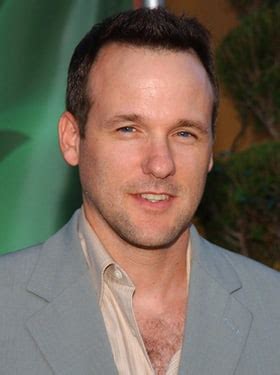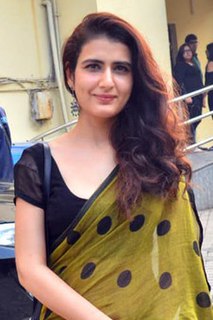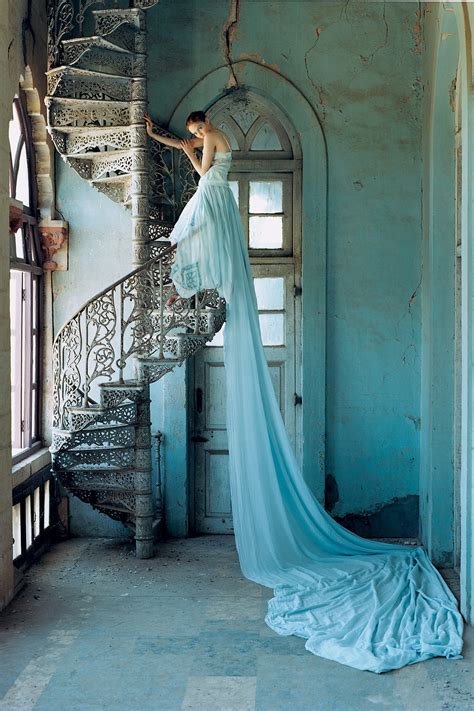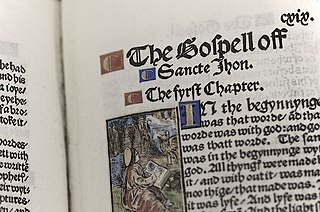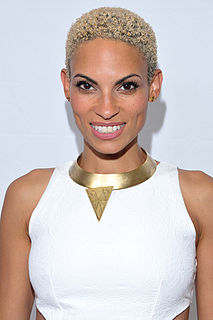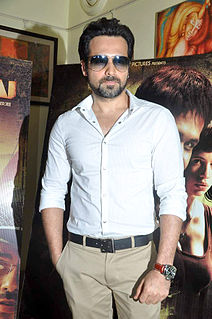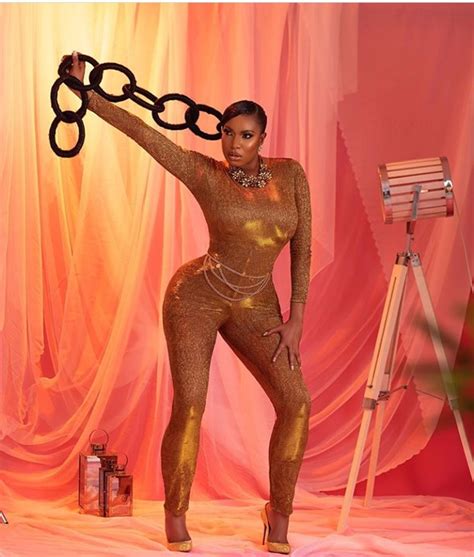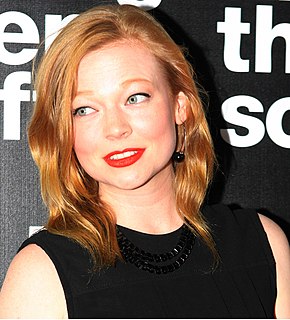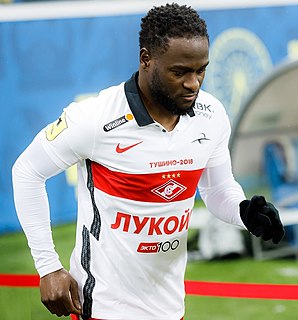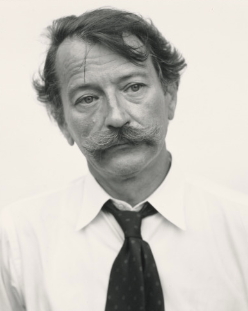A Quote by Tom Verica
Right before 'American Dreams,' I started to pursue these avenues, like short films and getting into a couple night courses to really study photography and cinematography, and the language of visual storytelling.
Related Quotes
I was not getting work, even after auditioning for films. So I started working in a studio as a photographer; I assisted a cinematographer for two ads. I was thinking that I will get into photography or cinematography or assist someone. But then the 'Dangal' offer came, and I was busy with the auditions.
I love to learn, and I started doing a lot of studying of Spanish-style music and really started getting into it and how it is just a completely different form of guitar playing. It is just like if you started speaking in a different language like Japanese or something. It is something that you have to study and work at a lot.
I've always been into visual effects. It was something I took keen interest in before films happened. Ironically, I am a part of 'Raaz 3,' a film that is shot entirely on 3D. It has encouraged me to pursue my dream. Hopefully, if time permits, I will travel to the United States and attend a crash course in visual graphics and animation.
I just like voicing films in general. I do a lot of documentary work and it's a short hop really to narrating a character, especially if you're on film and you're there in a visual way. It sounds obvious, but voicing an animation really focuses you on the way that you're communicating through your voice. It's a very specific ability that you need to be able to have in order to pitch it just right.
The whole visual language of the movie is developed way before we get to set. Especially when you're doing visual effects and you don't have a lot of money to mess around, which we didn't, you have to really preplan everything. Pretty much every shot in the film was figured out months before we got to set.
Photography is a system of visual editing. At bottom, it is a matter of surrounding with a frame a portion of one's cone of vision, while standing in the right place at the right time. Like chess, or writing, it is a matter of choosing from among given possibilities, but in the case of photography the number of possibilities is not finite but infinite.
